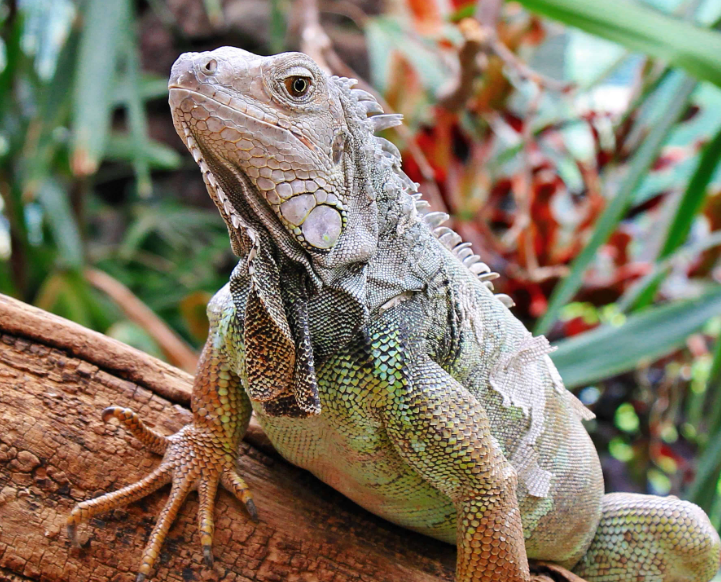Choosing a reptile as a pet can be an exciting and rewarding experience, but finding the right one that fits your lifestyle and preferences is crucial. Reptiles come in various shapes, sizes, and temperaments, each with unique care requirements. Let’s explore a few discussion points to help you choose a perfect scaly friend!
1. Beginner, Intermediate, or Advanced?
The first step is to determine your level of experience as a reptile keeper. Are you a beginner, intermediate, or advanced? This is essential in choosing the right reptile species.
- Beginner: If this is your first pet reptile or you haven’t had any exotic pets before, you’re likely a beginner.
- Intermediate: Have you had exotic pets before, and have they thrived under your care? If yes, you’re probably an intermediate-level keeper.
- Advanced: With more experience and extensive research, you can consider yourself advanced.
A good resource for researching reptile care is ReptiFiles. The more you know, the better you can care for your pet.
2. Snake, Lizard, or Turtle?
Next, decide what type of reptile you’re interested in on a broader level. The main options in the pet trade are snakes, lizards, aquatic turtles, and tortoises. Each has different needs and characteristics that you must consider.
- Snakes: Generally low-maintenance but require a controlled environment. Make sure you are prepared to dedicate some space in your freezer to frozen feeders such as rats and mice.
- Lizards: Many types, ranging from easy-going geckos to more demanding species like chameleons. Many require some type of insects in their diet, so be prepared to frequently deal with live insects. However, there are herbivore options out there! Just be prepared to go grocery shopping weekly for their variety of greens.
- Aquatic Turtles: Need both land and water habitats, requiring more space and maintenance. This adds the extra challenge of maintaining water parameters as well. They are also not a handleable species, so make sure you take that into account.
- Tortoises: Mostly terrestrial, with specific dietary and environmental needs. Depending on the species, they could live longer than you! They can also get very large, with many opting for outdoor enclosures.
Now that you have an idea of what reptile species you want, let’s narrow it down.
3. Husbandry Requirements
Once you’ve chosen a type of reptile, delve into the specifics of their care needs, known as husbandry. This includes:
- Enclosure Size: Ensure you have enough space for your reptile to thrive. Do you want something that takes up a small amount of space, or are you prepared to build a huge, custom enclosure? This is crucial to choosing a reptile. You must also decide whether you want an arboreal or terrestrial species. This will contribute to whether you make the space for a horizontal or vertical enclosure in your home.
- Temperature: All reptiles need precise temperature gradients. Take into account the temperature your house is normally at – is your climate especially cold? Will you need to provide a heat lamp? This can determine whether you get a species that loves a hot, dry climate or a wet, room-temperature climate.
- Humidity: All species require specific humidity levels. How often do you want to mist the enclosure? For more humidity-loving species, you may even need to install an automatic misting system. If you don’t want to deal with misting, you may want to narrow your search down to more arid reptiles.
- Enrichment: Provide a stimulating environment with hiding spots, climbing areas, etc. Are you prepared to spend the money to properly decorate an enclosure? Make sure you are in a spot financially where you can give your new friend more than the bare minimum.
Conclusion
Selecting the right reptile for you depends on your preferences, experience level, and the amount of time and effort you’re willing to invest. Whether you’re a first-time reptile owner or an experienced herpetologist, there’s a reptile out there that’s perfect for you. Remember to do thorough research and consider all aspects of care before bringing a new reptile into your home. Good luck!

Leave a Reply